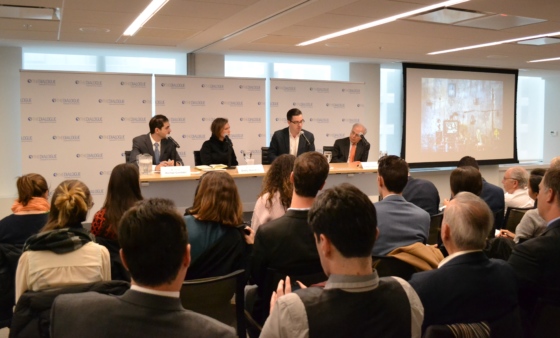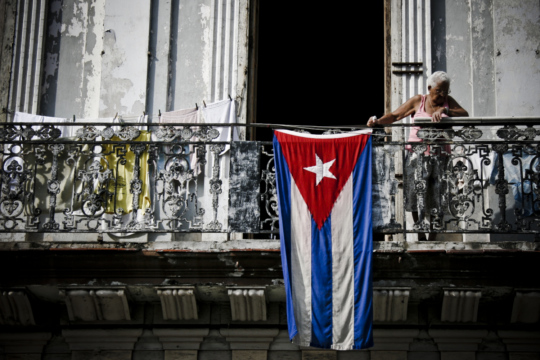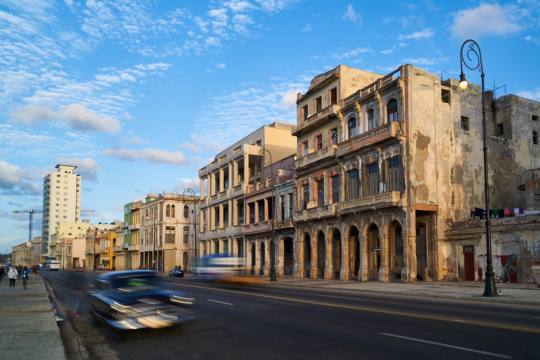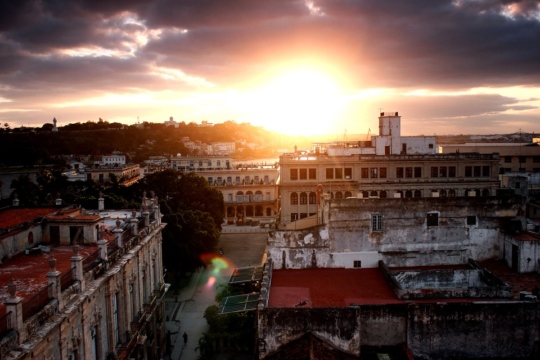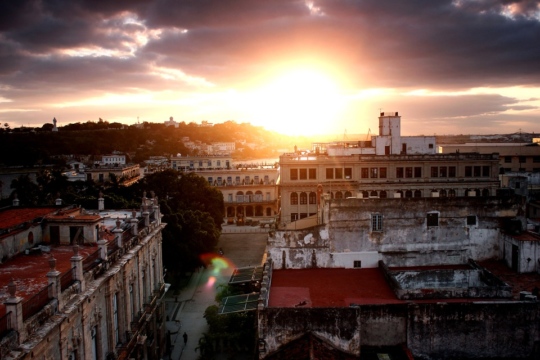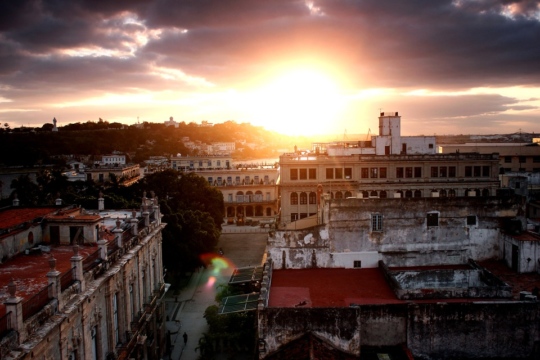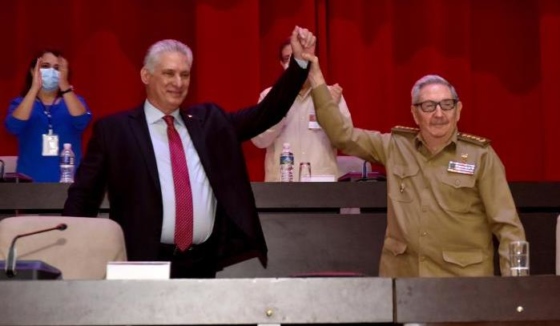
Will the End of the Castro Era Mean Change in Cuba?
A Latin America Advisor Q&A featuring experts’ viewpoints on the end of the Castro era in Cuba and what it means for the country.
A Latin America Advisor Q&A featuring experts’ viewpoints on the end of the Castro era in Cuba and what it means for the country.
Lenier González escribe esta reseña sobre el libro del noruego Vegard Bye que intenta explicar por qué el Gobierno cubano paralizó en 2016 el proceso de reformas iniciado por Raúl Castro.
Over a year ago, as Donald Trump was on one of his tirades full of insults and falsehoods – to which most Americans have, sadly, now become accustomed – I asked an Argentine friend if he had ever heard such aggressive rhetoric from a president before. “Sure I have,” he responded, “but never in English.”
On October 16, the Inter-American Dialogue hosted an event to explore the Cuban economy’s future, its growth prospects, and the internal and external obstacles it faces.
Mr. Trump should be commended for coming down hard on Latin America’s strongmen. But by also resurrecting an impulse for unilateral action and indifference to the region’s needs and concerns, he is making it more difficult to help bring about the democratic change he ostensibly seeks.
Cuba has a new head of state in President Miguel Díaz-Canel. However, the residual power of the revolutionary generation means the rejuvenation of the island’s political elite is only getting started.
On February 22, the Inter-American Dialogue in partnership with the Brookings Institution’s Latin American Initiative hosted an event to discuss the political and economic challenges Cuba will face amidst a presidential transition. This event was moderated by Michael Shifter with panelists Richard Feinberg from the Brookings Institution and William LeoGrande from American University.
In this interview with BBC World News, Michael Shifter discusses the current state of relations between the US and the island nation, what we know so far regarding the sonic attacks to US diplomats in Havana, and what we can expect after the 2018 change of leadership if Cuba.
A year following the death of Cuban leader Fidel Castro, the relationship between the U.S. and the island nation has dramatically changed. To discuss this and more, President of the Inter-American Dialogue, Michael Shifter spoke with CGTN’s Susan Roberts.
On November 10, the Inter-American Dialogue hosted a debate about the future of US-Cuba relations featuring Emily Mendrala, Michael Bustamante, and Jorge I. Dominguez, with Michael Camilleri moderating the discussion.
Michael Shifter, presidente de Diálogo Interamericano, considera desafortunado el cambio de política del presidente estadounidense, Donald Trump, hacia Cuba, aunque le parece positivo que las relaciones entre los dos países se mantengan.
On Friday, March 3rd, the Dialogue welcomed Director and Deputy Director of Cuba Posible, Roberto Veiga and Lenier Gonzalez, and a small group of Latin America policy experts for a discussion on social and political trends in Cuba. The discussion focused on upcoming leadership dynamics in Cuba and the role of young people in the future of the island.
Ninguém pode negar a Fidel Castro o seu lugar na História. Ele foi a figura política mais proeminente da América Latina talvez desde Cristóvão Colombo, em 1492. A questão é até que ponto sua narrativa será mais sobre sonhos ousados e mudanças progressistas — ou sobre opressão e, no fim, estagnação em Cuba.
Nadie puede negar Fidel Castro su lugar en la historia. Era la figura política más importante en América Latina tal vez desde Cristóbal Colón en 1492. La pregunta es hasta qué punto su legado será el de unos sueños osados y unas transformaciones progresistas o por el contrario, un relato de opresión y de estancamiento para Cuba.
No one can deny Fidel Castro his place in history. He was, by any measure, the most prominent political figure in Latin America in the 20th century, maybe since Christopher Columbus. The question is whether the narrative will be mostly about bold dreams and progressive change—or about oppression and stagnation in Cuba.
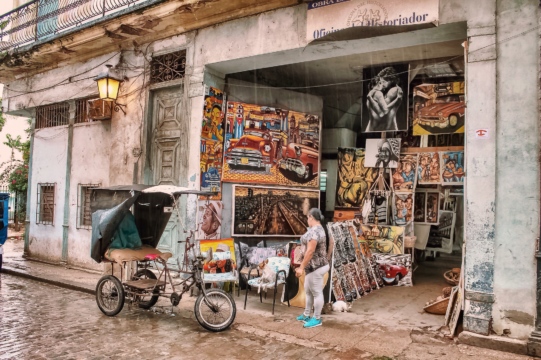
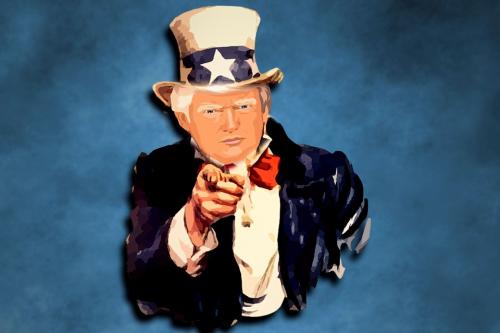
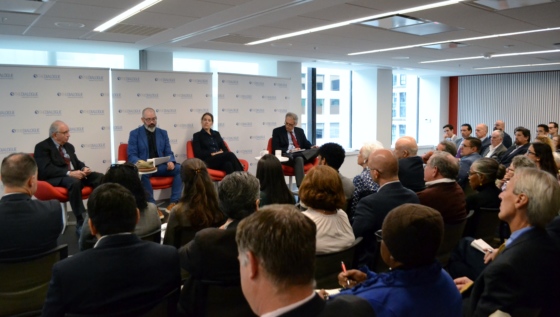 Video
Video
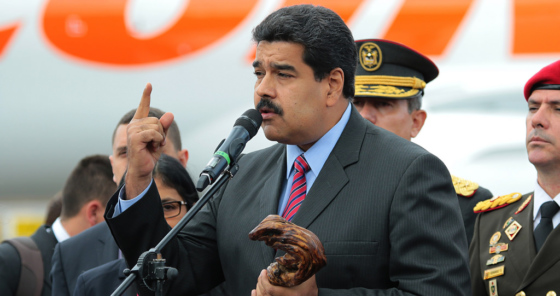
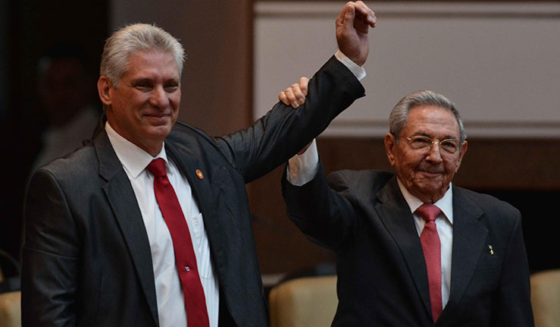
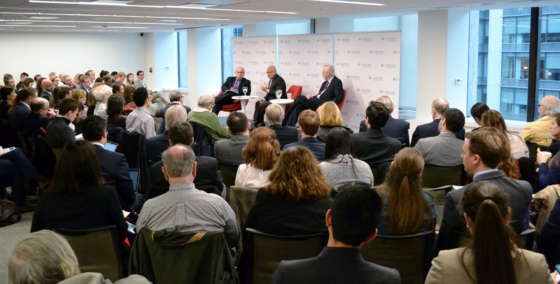
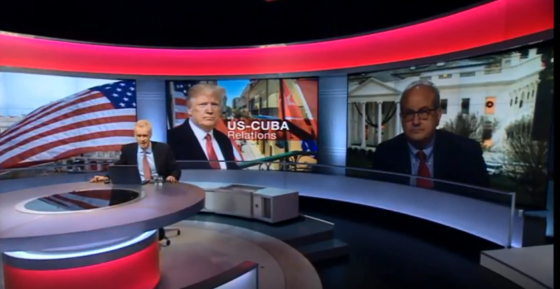 Video
Video
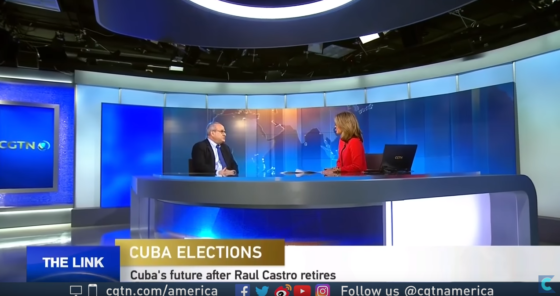 Video
Video
